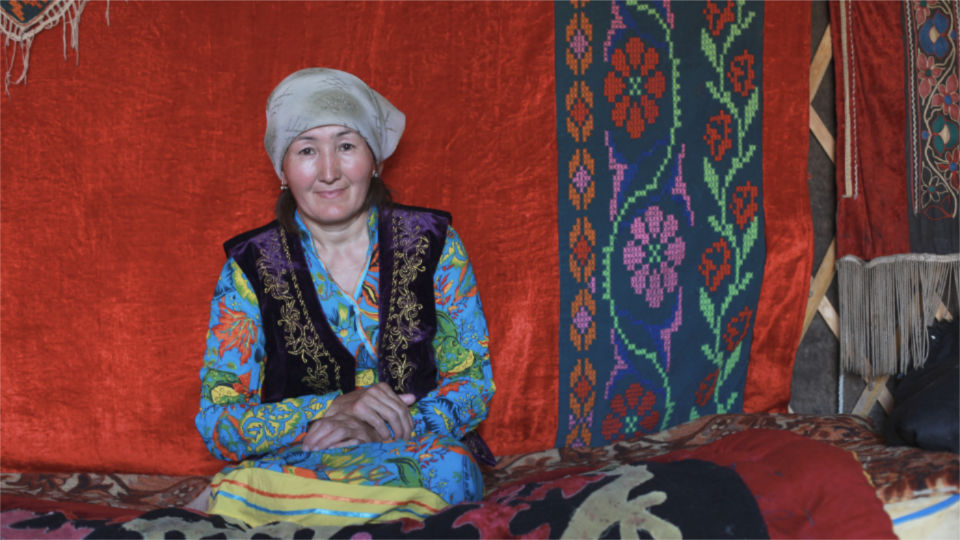A study was conducted in Kazakhstan to identify the problems of women entrepreneurs during the pandemic
Date:

The National Commission for Women, Family and Demographic Policy under the President of the Republic of Kazakhstan, UN Women in Kazakhstan and the Applied Economics Research Center with support of the Ministry of Labour and Social Protection of the Population of the Republic of Kazakhstan, conducted a large-scale study to identify the problems of women entrepreneurs during the COVID-19 pandemic.
The implementation of a state of emergency on the territory of Kazakhstan due to the COVID-19 pandemic had an impact on both individual households in terms of their monetary income, and on entrepreneurs. At the same time, the crisis caused by the pandemic has a stronger impact on small and medium-sized businesses (hereinafter referred to as SMEs) than on large ones due to the fact that they are less able to withstand shocks in the supply chain and consumer income.
The majority of entrepreneurs (69.2%) noted that their business suffered financial losses during the quarantine. Women entrepreneurs note this fact more often - in fact, three quarters of them (75.8%) - had losses, men less often - 63.5%. Women's businesses were more likely to experience significant financial losses. Thus, among women entrepreneurs who suffered financial losses, 41.9% noted that the loss amounted to more than 50% of income, among men - 31.2%.
For women entrepreneurs, the situation is exacerbated by the increase in the burden in the field of unpaid work associated with additional care for children and elderly or sick relatives, the need to devote more time to household chores. Moreover, in the context of restrictive measures due to the COVID-19 pandemic, sectors of the economy, in which traditionally more women are involved rather than men: trade, agriculture, provision of other types of services.
Otherwise, the problems faced by women entrepreneurs and men entrepreneurs are similar. As a result, the expected measures of support from the state also differ little for women entrepreneurs and men entrepreneurs.
“As part of the study, experts in order to increase the effectiveness of state support proposed specific measures to assist entrepreneurs, expand the economic rights and opportunities of women. We expect that the research results will be used by interested state bodies and institutions for the development of entrepreneurship”, said Lazzat Ramazanova, Chair of the National Commission for Women, Family and Demographic Policy, during the presentation of the research findings.
For example, within the framework of the study, it is proposed to streamline and systematize all measures of state support for small and medium-sized enterprises by adjusting programs with duplicate measures, expand information coverage of SMEs on measures of state support through the media and digital platforms, improve the level of education and skills of SME representatives by creating online platforms/applications.
“The COVID-19 pandemic has brought negative changes to the economies of countries around the world, and Kazakhstan is no exception. The crisis is taking a heavy toll on society as a whole, but especially on women and the most vulnerable. Mainstreaming the needs of women entrepreneurs in the COVID-19 response and recovery programs will help achieve better and more sustainable development results for all, sustain faster recovery and put the world back on track to achieve the Sustainable Development Goals”, said Dina Amrisheva, Program Manager of UN Women in Kazakhstan, during the meeting.
For more information, please contact Balnura Kuralova, UN Women Communications Specialist in Kazakhstan, by phone: + 7 701 910 08 08 or by email: [ Click to reveal ]